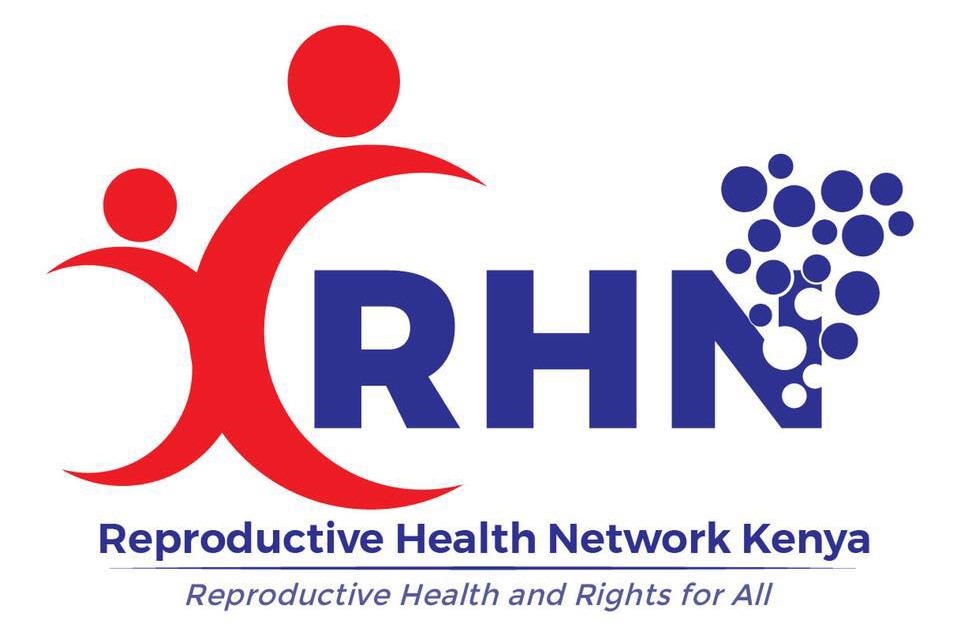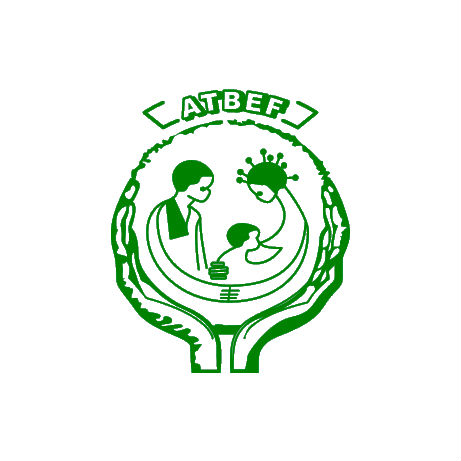

| 27 June 2024
Reproductive Health Network Kenya
The Reproductive Health Network Kenya (RHNK) is a network of health professionals within private and public facilities committed to Comprehensive Sexual and Reproductive Health and Rights, advocacy and service provision. The network was formed to provide evidence-based information and quality comprehensive reproductive health services in Kenya. RHNK’s main strategic goal is to contribute to the reduction of maternal morbidity and mortality with a focus on the two among other five causes of maternal mortality and morbidity which is postpartum haemorrhage and unsafe abortion. RHNK runs a network of trained Adolescents and youth headed by RHNK adolescents and youth program officer. The adolescents and youth network is effective in providing CSRH information, referrals and linkage to services. With the rising opposition which was witnessed immediately after the reinstatement and expansion of the global gag rule also known as the Mexican policy, RHNK with other civil society organizations developed Strategies to counter opposition. The pool of RHNK trained health care providers to provide SRH information and services, including comprehensive abortion care across the country. Training of the network providers on SRHR Law, policies and communications. RHNK works with the Center for Reproductive Rights CRR who provides strategic litigation and pro-bono legal support to the Network providers. Read the RHNK 2021 Annual Report here. Follow RHNK on Twitter, Facebook and You Tube. See the RHNK website here.

| 31 March 2016
Association Togolaise pour le Bien-Etre Familial
The Association Togolaise pour le Bien-Etre Familial (ATBEF) was formed in 1975. ATBEF’s services include voluntary counselling and testing (VCT) for HIV and AIDS, antenatal and post-natal care, post-abortion care, pre-marital counselling, and infertility treatment. ATBEF carries out its work through over one hundred service points, including permanent clinics, mobile units, associated centres, and community-based distributors/community-based services (CBDs/CBSs). The majority of all clients are poor, marginalized, socially excluded and/or under-served. Special emphasis is placed on reaching internally displaced persons, sex workers, street children and drug users. ATBEF works closely with government ministries dedicated to contraceptive commodity supply, to the reduction of maternal and neonatal mortality, and to HIV testing. In its advocacy role, the Member Association was central to the legislature’s adoption of more favourable abortion laws. ATBEF works with non-governmental organizations (NGOs) including FORUMSIDA and FONGTO, and its donors include Plan Togo, the PMLS, UNICEF and the Global Fund. It has established and maintains strong links with organizations working in related SRH fields both nationally and across the Africa region.







